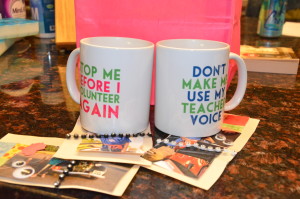

As my kids grow and develop, I realize that Mother’s Day is more significant to me now than it was even a year ago. Perhaps it’s because I am so aware now of how quickly the months and years are passing by and how the countdown to their leaving home has begun. Mother’s Day to me this year feels poignant as I look at my children’s faces when they give me their gifts. A coffee mug that says “Don’t Make Me Use My Teacher Voice’ (occupational hazard, I say to my son). Another mug with a warning: “Stop Me Before I Volunteer Again”. Three beautifully decorated bookmarks each with a photo of one of my children from some of our trips. A concert with piano and guitar performances followed by a multimedia presentation about Moms being the Keys to the Future through the choices we make as moms and the choices we teach our kids to make. My kids showed their love to me in precious ways that I cherished.
It feels like a good time to emphasize why this blog space deliberately includes parent voices. We, as parents, need to be cognizant of how impactful our relationships to any body of knowledge are in terms of how our kids think about that body of knowledge. Regardless of our educational and professional backgrounds, we affect the ways our children think about learning anything, including STEM and STEAM concepts.
Research on inner-city mother’s views on science that my graduate school dissertation adviser, Angie Barton, did some years ago while at Columbia University showed that moms have a range of perceptions about the nature of science:
The findings from our study with the mothers suggest that the mothers’ perceptions of science in our study can be grouped into four categories: perceptions of science as (a) schoolwork/knowledge, (b) fun projects, (c) a tool for maintaining the home and family, and (d) an untouchable domain. A cross-comparison of these themes further reveals that mothers who perceived science as fun projects or as a tool for maintaining the home held perspectives on science that were more personal, dynamic, and inquiry based; mothers who spent more time doing science with their children moved beyond a narrow vision of science more often than those who did not; and some mothers became category crossers when they were asked to discuss science with topics and domains that were familiar to them, such as food, nutrition, and child care.
Barton et al. (2001). Underprivileged Urban Mothers’ Perspectives on Science. Journal of Research in Science Teaching, 38 (6).
Honestly, based on many conversations I have had with parents in a variety of settings, I have a strong sense that this range of perceptions exists in all different socioeconomic levels. Consider your own perception of science, or STEM, as a parent. Do you think your perspectives are personal, dynamic and inquiry-based or not so much?
My thought for this Mother’s Day is this: if our perspectives as moms and dads can include an awareness of the way in which our decisions are based on science, technology, engineering, math and art/design frameworks, methods, or knowledge, and if we are transparent about these ways of thinking, then our kids stand to gain a great deal. Our boys and girls stand to gain an appreciation of the disparate ways that STEM/STEAM is embedded in so many different aspects of our lives and also that arriving at these products, practices, or understandings is an essentially human endeavor. If they receive this message from their moms and dads, if they know that their parents make decisions about what to cook, what car to buy, what kind of grass to use in the yard; that is a powerful message that will guide their navigation’s in classroom STEM learning as well as in their out of school STEM learning. It will, to connect with my son’s Mother’s Day presentation earlier today, open up the range of choices available to them.
Some Interesting Links:
NSTA Position Statement on Parental Involvement in Learning
Rockefeller University Parents and Science Initiative
Here are the answers to last week’s “quiz”:
I C 3
II A 2
III C 4
IV B 1
V E 5
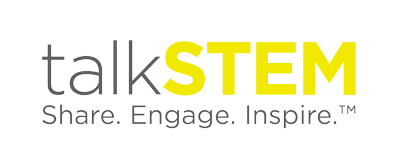
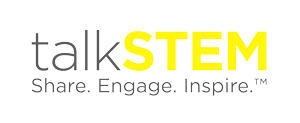
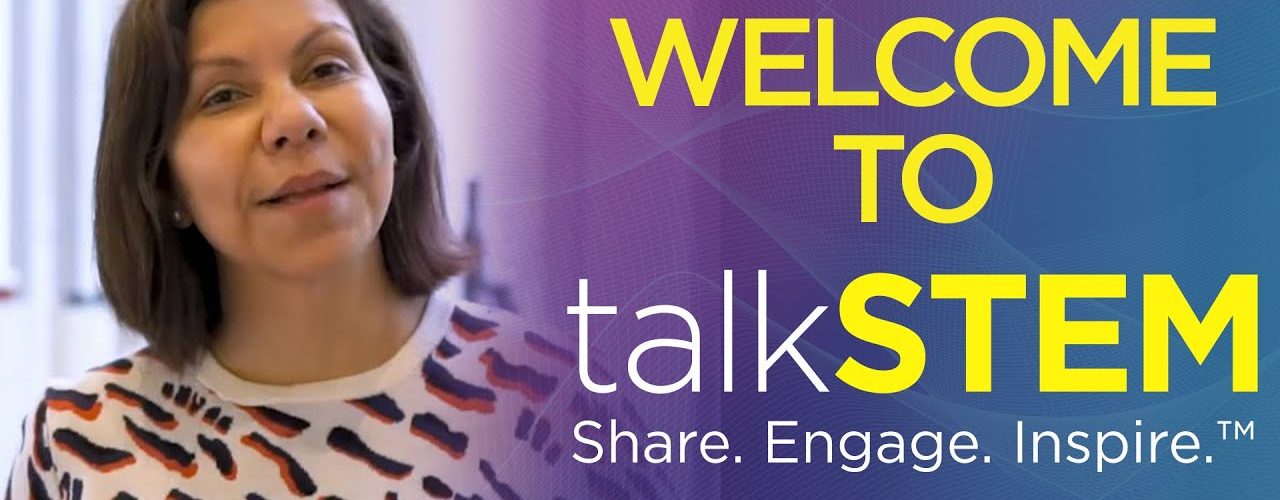
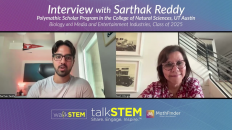



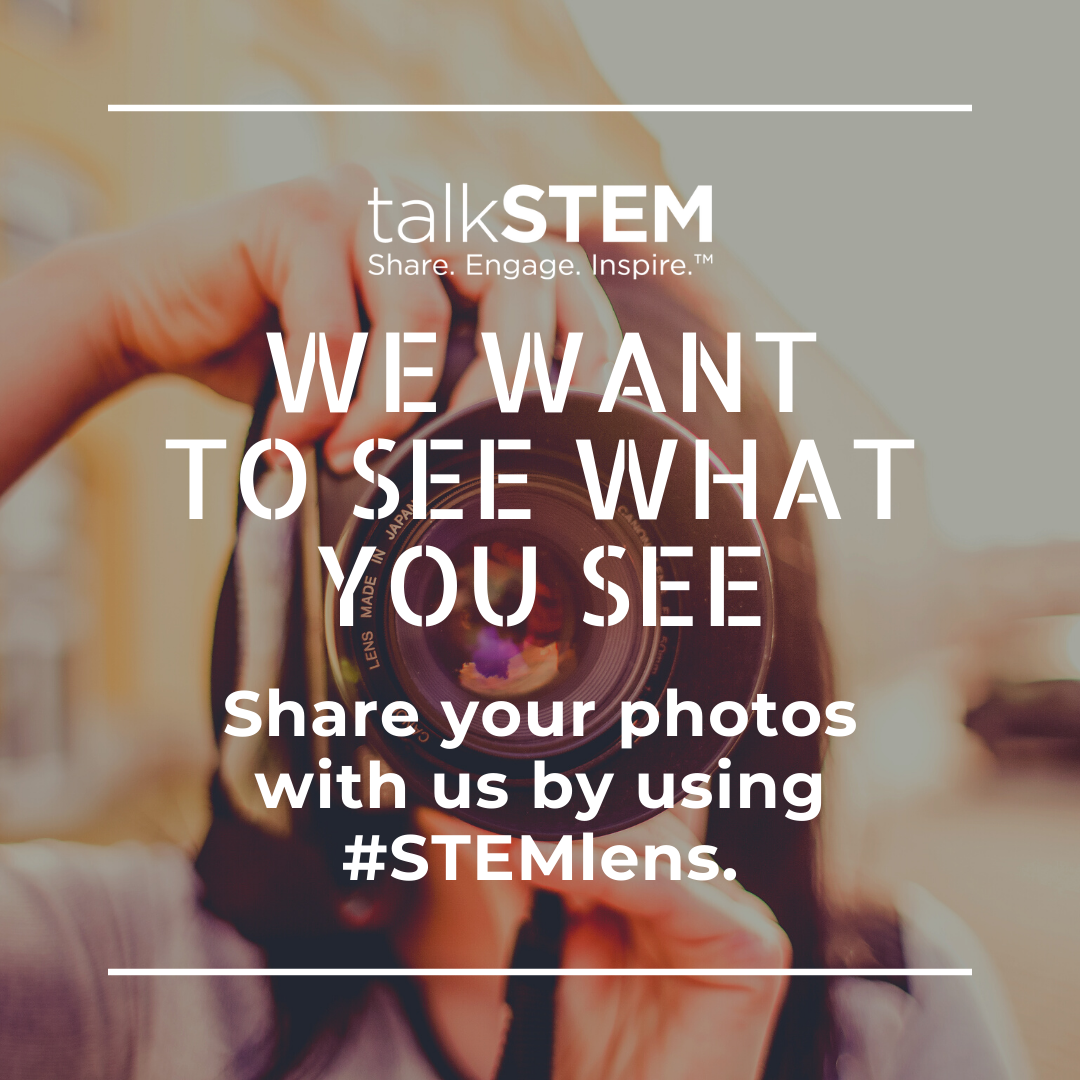
Add comment